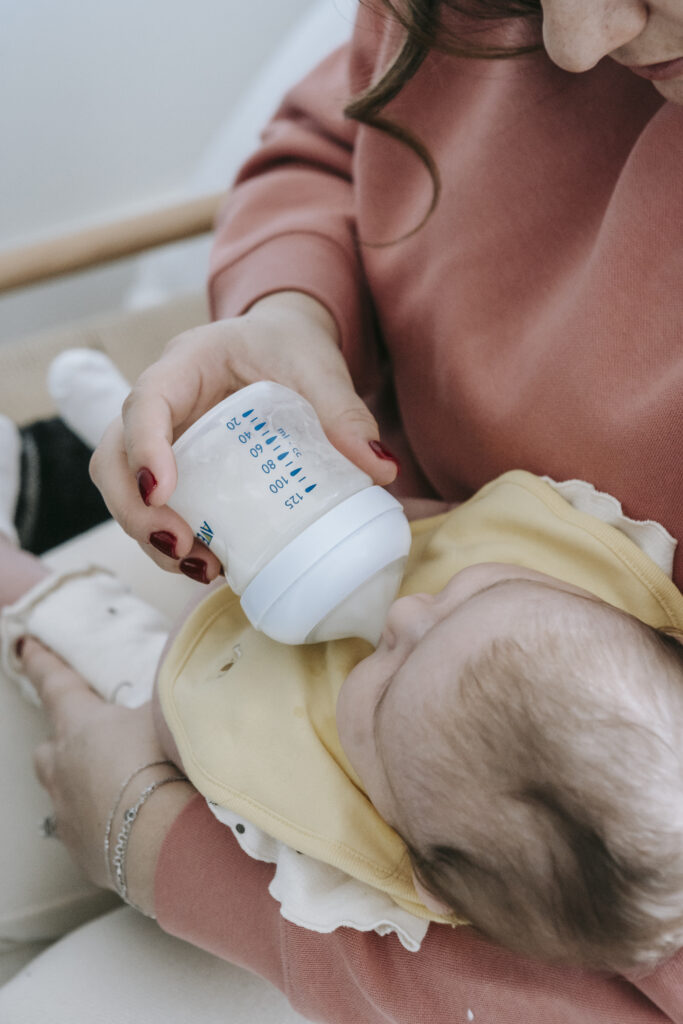Africa’s Health Revolution: How a New Generation is Redefining Global Wellness from the Ground Up
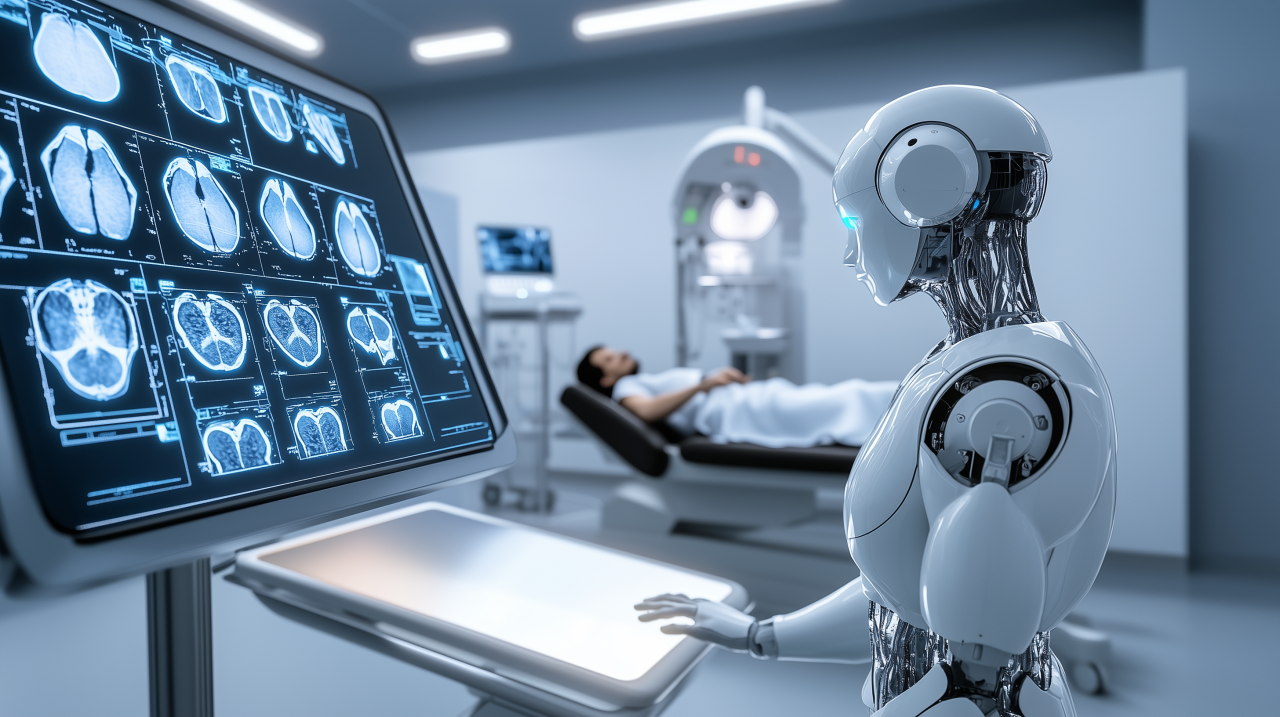
Overcoming Barriers with African Ingenuity
Young African innovators are using cutting-edge technologies like drones and AI to overcome infrastructural challenges. They are delivering life-saving medical care to the hardest-to-reach communities. This technological leapfrog is a direct response to a lack of traditional infrastructure like paved roads and reliable supply chains.
The use of medical drones is a prime example. In countries like Ghana and Rwanda, companies like Zipline have established national-scale networks to deliver essential medical supplies, including blood, vaccines, and antimalarial drugs, to remote clinics in minutes.
SOURCE: Zipline
This bypasses treacherous terrain and logistical bottlenecks. A similar program operates in the Ukerewe region of Tanzania, using drones to deliver medical essentials for malaria and anemia, and in South Sudan and Ethiopia to transport PPE.
What started as an emergency service is now a core part of the health system. It ensures that clinics are never without critical supplies.
AI is also playing a transformative role, often without the need for expensive hardware. AI-powered diagnostic tools are being deployed to address the shortage of specialist doctors.
For instance, in Northern Nigeria, AI models are used to analyze patient data in seconds, diagnosing early-stage chronic kidney disease with high accuracy, a feat that might be missed in routine examinations.
In South Africa, deep learning algorithms are enhancing the proficiency of health workers in diagnosing diseases like HIV through simple test kits.
Other innovative startups are building on this momentum. Nigeria's 54gene is using AI to analyze genetic data, enabling the early identification of genetic predispositions to various diseases.
Kenya's LifeBank uses predictive analytics to anticipate the demand for blood, ensuring timely availability for critical conditions.
These applications make specialist knowledge accessible everywhere. They are effectively extending the reach of healthcare across the continent.
A New Respect for Ancient Wisdom
Africa's deep well of traditional medicine and community-based healing philosophies is playing a crucial role in the development of modern, holistic, and culturally sensitive health systems. Instead of dismissing traditional practices, a new movement is integrating them with modern science.
The World Health Organization (WHO) has long called on African governments to formally recognize traditional medicine. This is because over 80% of the people in the region rely on it for their primary healthcare needs.
In countries like Ghana and South Africa, government-backed councils and directorates have been established to oversee and integrate traditional medicine into tertiary education and health policy.
This acknowledges its importance and medicinal benefits. This integration is not about blind acceptance. It is about a scientific approach. Researchers are working to validate the safety and efficacy of traditional remedies for conditions like malaria, diabetes, and hypertension. This bridge between ancient knowledge and modern science is creating a uniquely African model of holistic healthcare.
A report from MDPI highlights that these integrated systems promote the proper use of indigenous medical knowledge and boost the development of self-sufficient health systems. The underlying philosophy is community-based healing. Health is not seen as an individual concern. It is a collective responsibility.
This community-centric view is a powerful alternative to the often impersonal and fragmented Western healthcare model.
Building Local Resilience from Within
Beyond technology, African-led initiatives are pioneering circular health economies. They are reducing dependence on foreign aid and building long-term resilience. This movement is focused on building sustainable systems from the ground up, with local communities at the center.
One key area is local pharmaceutical and medical device manufacturing. The COVID-19 pandemic exposed Africa's critical vulnerability. The continent imports up to 80% of its pharmaceutical products and up to 90% of its medical devices.
SOURCE: Dei BioPharm
In response, a major push is underway to build a robust, home-grown industry. The African Union's New Public Health Order targets ambitious production goals for medicines and vaccines by 2040. The Partnerships for African Vaccine Manufacturing (PAVM) aims to produce 60% of the continent's vaccines locally by 2040.
This is not just a dream. Kenya-based company Revital Healthcare is a leader in this space. They are the first African company to receive WHO Prequalification for auto-disable (AD) syringes, a crucial device for mass immunization programs. This is a tangible example of local manufacturing creating safe and reliable products. In addition, countries like Morocco, Algeria, Ethiopia, and Nigeria are all accelerating plans to re-establish vaccine manufacturing activities.
Community-based sanitation programs are also a vital part of this revolution. Youth-led initiatives in countries like Zambia are leveraging local networks to reduce cholera and other waterborne diseases.
They are using public awareness campaigns, school outreach, and clean-up drives to drive behavioral change at the grassroots level. This approach tackles health at its source. It builds long-term resilience by empowering communities to take ownership of their own health outcomes.
In Nigeria, the Water Easy Toilet (WET) project by WaterAid, for instance, created entrepreneurial opportunities for local artisans. They produce affordable, improved toilets, reducing open defecation and creating jobs at the same time. These examples show how health and economic development are intertwined.
Amplifying Youth Voices on a Global Stage
Media platforms and digital initiatives are playing a critical role in amplifying the voices of African youth in public health discourse. They ensure their solutions are heard on a global stage. This is a deliberate effort to move beyond tokenism and place young people at the center of health policy and innovation.
The Africa CDC, for example, has launched the Youth in Digital Health Network (YiDHN). This initiative was designed and created by young people themselves.
Its goal is to empower youth leadership and promote innovation by providing platforms, resources, and mentorship. Initiatives like the Bingwa PLUS Y-Health Incubator Programme offer grants and training to young innovators.
These innovators are tackling everything from Hepatitis B vaccination rates to sexual and reproductive health education through digital tools and community outreach.
In Botswana, for example, a program uses interactive workshops and Twine-based games and WhatsApp channels to deliver peer-led sexual health education. This demonstrates a creative and contextually relevant approach to sensitive health topics.
Digital platforms and social media are now essential for health communication. They allow young innovators to share their work, connect with peers, and advocate for policy change.
This gives them a direct voice in a discourse that has historically been dominated by foreign experts and institutions. Their insider understanding of local dynamics makes their solutions not only technologically sound but also culturally sensitive and contextually relevant.
By investing in young leaders, Africa is not just solving its own health challenges. It is fostering a new generation of global health innovators.
You may also like...
The Names We Carry: Why Africa’s Many-Name Tradition Shouldn’t Be Left Behind
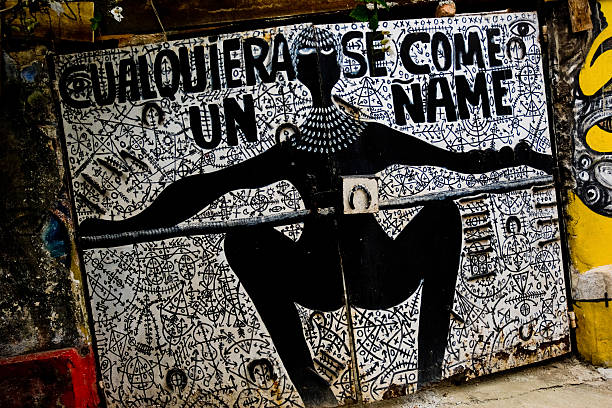
"In many African communities, a child's birth is marked with a cascade of names that serve as fingerprints of identity, ...
WHY CULTURAL APPROPRIATION ISN’T ALWAYS OFFENSIVE
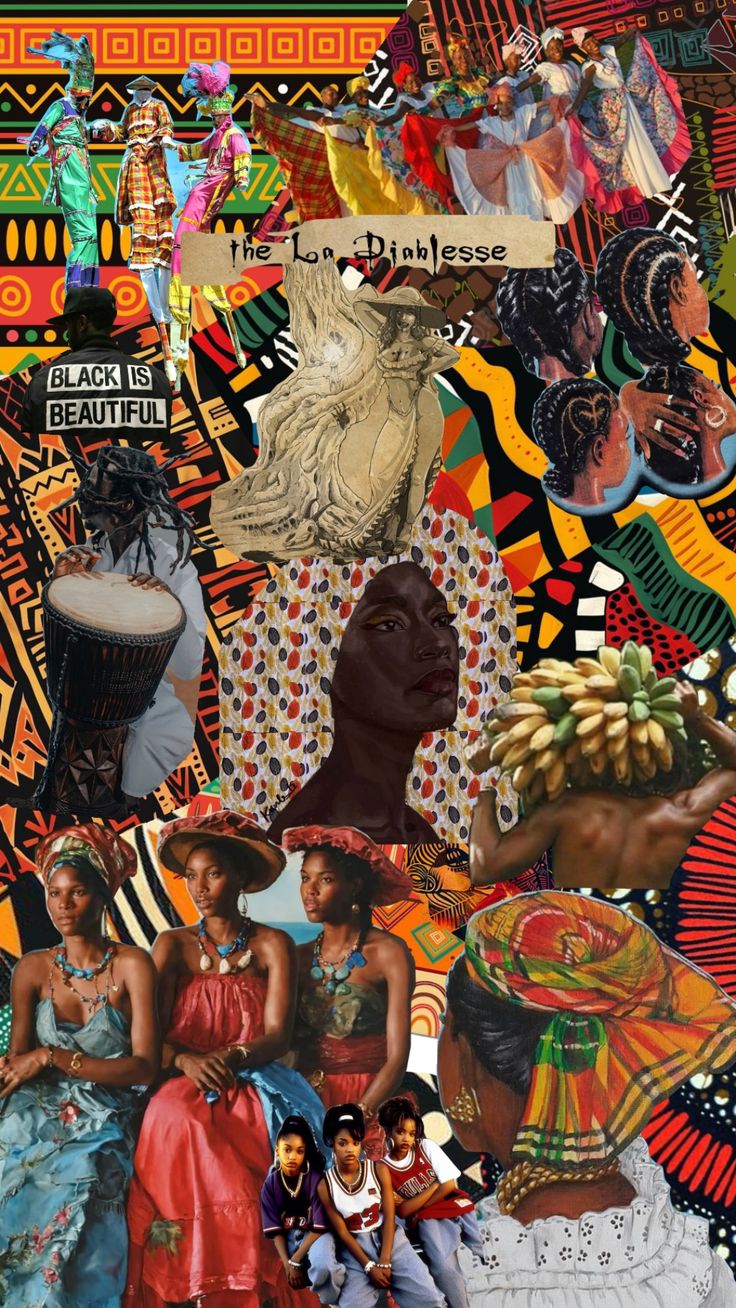
In a world of global fusion, is every act of cultural borrowing theft—or can it be respect? This thought-provoking essay...
Africa’s Health Revolution: How a New Generation is Redefining Global Wellness from the Ground Up

Move beyond the headlines of health challenges. Discover how African youth and innovators are using technology, traditio...
Kwame Nkrumah: The Visionary Who Dreamed of a United Africa
(13).jpeg)
Discover the powerful legacy of Kwame Nkrumah, Ghana’s first president and a pioneer of Pan-Africanism, whose vision for...
Meet the Theremin: The Weirdest Instrument You’ve Never Heard Of

From sci-fi movies to African studios? Meet the theremin—a touchless, ghostly instrument that’s making its way into Afri...
Who Told You Afro Hair Isn’t Formal?

Afro hair is still widely seen as unprofessional or “unfinished” in African society. But who decided that coils, kinks, ...
1986 Cameroonian Disaster : The Deadly Cloud that Killed Thousands Overnight
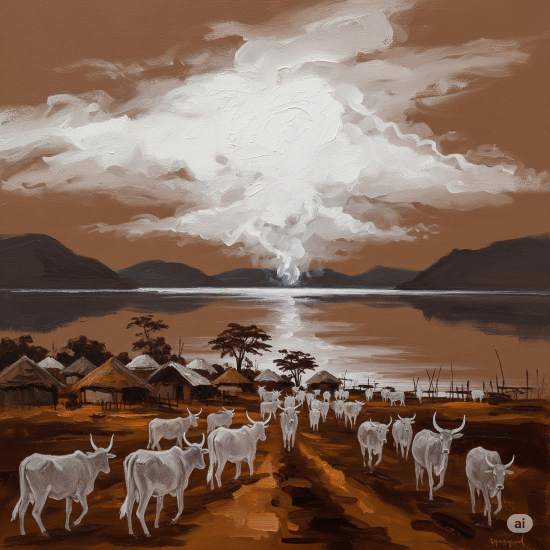
Like a thief in the night, a silent cloud rose from Lake Nyos in Cameroon, and stole nearly two thousand souls without a...
How a New Generation is Redefining Global Wellness from the Ground Up
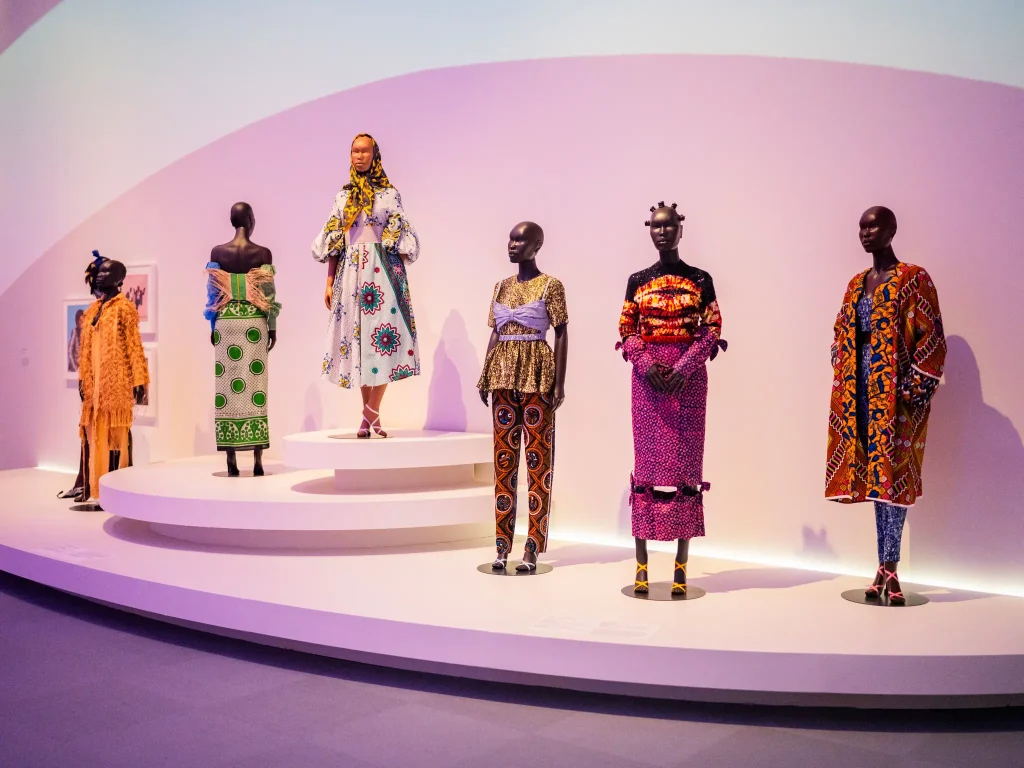
Forget fast fashion. Discover how African designers are leading a global revolution, using traditional textiles & innov...




